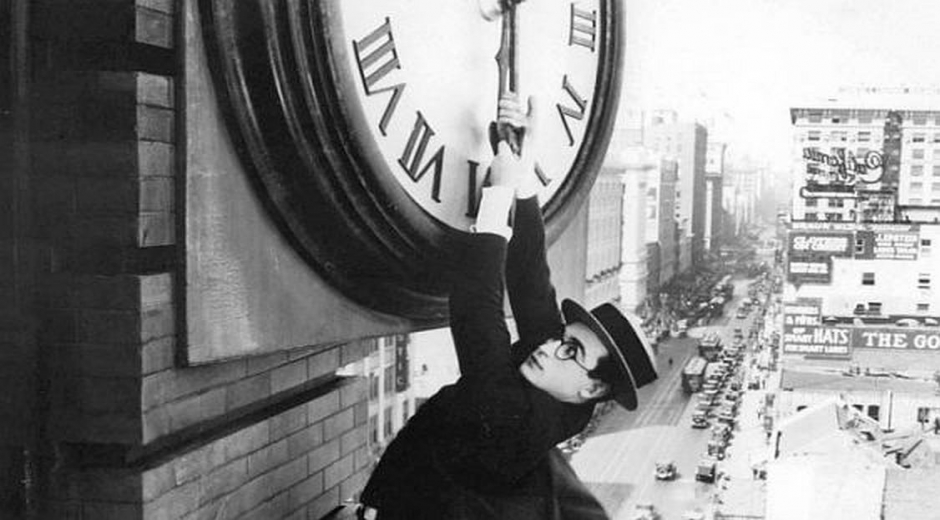
Be Sure To Set Your Clocks Forward Saturday Night

Thomas McAdam
iLocalNews Louisville is your best source of news and information about Derby City.
- Professional Journalist
“Spring forward, fall back.” Unless you want to show up late for work next week, you’d better heed that old maxim. Sunday is when we usher in Daylight Saving Time, that harbinger of Spring (and Major League baseball).
In case you are wondering, the official spelling is Daylight Saving Time, not Daylight Savings Time. Saving is used as a verbal adjective -- a participle. It modifies time and tells us more about its nature; namely, that it is characterized by the activity of saving daylight. It is a saving daylight kind of time. Because of this, it would be more accurate to refer to it as daylight-saving time. Aren’t you glad to learn this?
But who in the world ever came up with this silly idea? We’re really not actually saving any daylight, are we? And why aren’t all countries on the same system?
Glad you asked. It was none other that our own Benjamin Franklin (he, of “Early to bed, early to rise…” fame) who came up with the idea in 1784, while on an extended drinking binge in Paris. Historians say it was sort of a little joke ol’ Ben was playing on the French, but somehow the idea caught on in some parts of the world.
William Willett, an English golfer, pushed for Daylight Saving Time in 1907, figuring he could get in another 9 holes after work. But it wasn’t until World War I that the idea really caught on. Germany adopted the plan, thinking that they would save fuel. Britain and America followed quickly; figuring the Huns would use that extra hour of daylight to sneak up on us.
The road leading to Daylight Saving Time was not always a smooth one. President Woodrow Wilson, a golfer, thought it was a great idea. President Warren G. Harding (along with most farmers) thought it was silly. Today, America joins with Russia and the European countries to enjoy Daylight Saving Time. A couple of South American countries go along, but all of Africa and Asia pretty much ignore it. The Japanese don’t care one way or the other.
Here at home, the federal government has been in charge of deciding when and how clocks will change throughout the country, since 1966. The only exceptions are Arizona and Hawaii, who have decided to go their own way. Don’t ask why.
It took our friends to the North in Indiana forever to make up their minds. Hoosiers in the Western part of the state liked the idea, but in the East they stayed on Standard Time. Folks in New Albany and Jeffersonville kept with “Louisville time,” and it’s a wonder anyone ever showed up on time for anything.
In 1996, gubernatorial candidate Rex Early firmly declared, "Some of my friends are for putting all of Indiana on Daylight Saving Time. Some are against it. And I always try to support my friends." Finally, in 2005, the Indiana legislature passed a law that implemented Daylight Saving Time statewide beginning on April 2, 2006. God bless Indiana.
And, why, you ask, do we change our clocks at 2:00 a.m. on Sunday morning? In the spring, clocks spring forward from 1:59 a.m. to 3:00 a.m.; in the fall, clocks fall back from 1:59 a.m. to 1:00 a.m. This is to make sure that guys who got drunk on Saturday night will feel perfectly miserable the next day in church, even it they get there on time. Can you think of any other reason?
Supporters of this annual silliness insist that it benefits society. There are hundreds of studies on the subject, approximately evenly divided between those which prove we save electricity during Daylight Saving Time (DST), and those which prove we use way more. In 1975 the government found that DST reduced traffic fatalities by 0.7%. In 1976 the government found that it didn’t make any difference in traffic fatalities after all.
In the 1970s the U.S. Law Enforcement Assistance Administration (LEAA) found a reduction of 10% to 13% in Washington, D.C.'s violent crime rate during DST. There has evidently been no follow-up study, inasmuch as the LEAA folks are now too scared to go back to Washington, D.C.
In 1984 Fortune magazine estimated that a seven-week extension of DST would yield an additional $30 million for 7-Eleven stores. For some reason 7-Eleven stores seem to provoke a lot of statistical analysis. In 1969 the Texas Crime Commission reported that 90% of armed robberies at 7-Eleven stores occurred between the hours of 10 and 11 at night. So the Texas legislature shrewdly passed a law forcing all 7-Eleven stores to close at 10:00 p.m. God bless Texas.
Now you know more than you ever wanted to know about Daylight Saving Time. So don’t complain when you have to get up at 1:59 Sunday morning to set all your clocks up to 3:00; thereby getting cheated out of an hour of sleep. If you don’t like it, you should move to China. Or Arizona.
By the way, despite what you might have heard, Daylight Saving Time does not contribute to global warming. The extra hour of daylight has no appreciable effect on the greenhouse effect or the ozone layer.
While you’re at it, don’t forget to replace the batteries in your smoke detectors. And change your furnace filter. Rotate your tires. Floss. You get the idea.